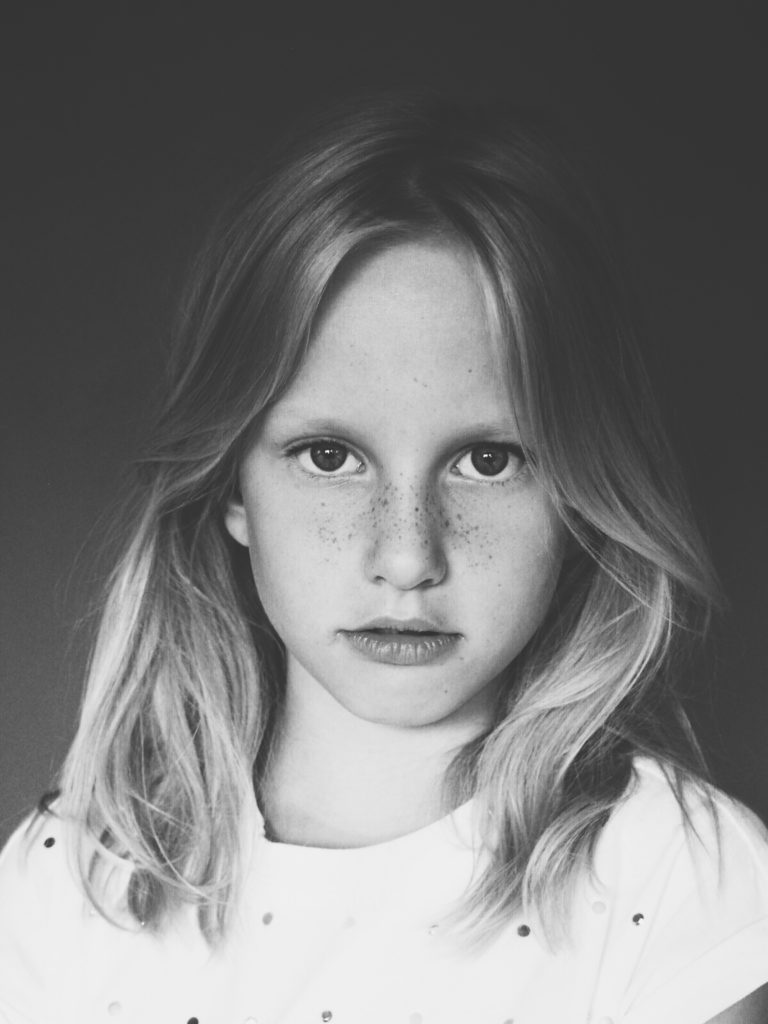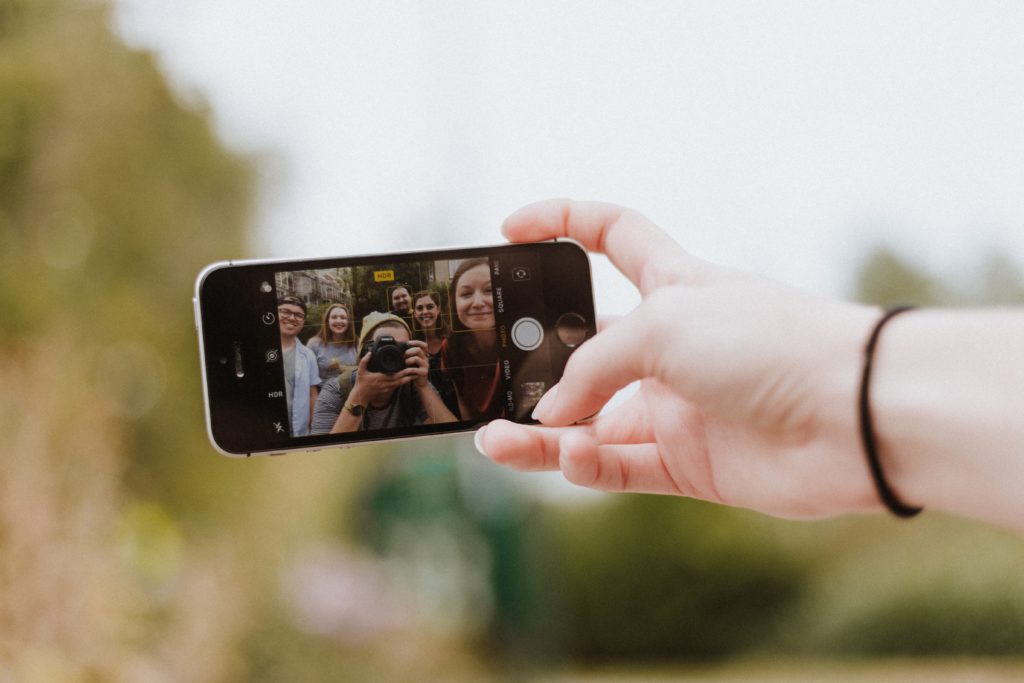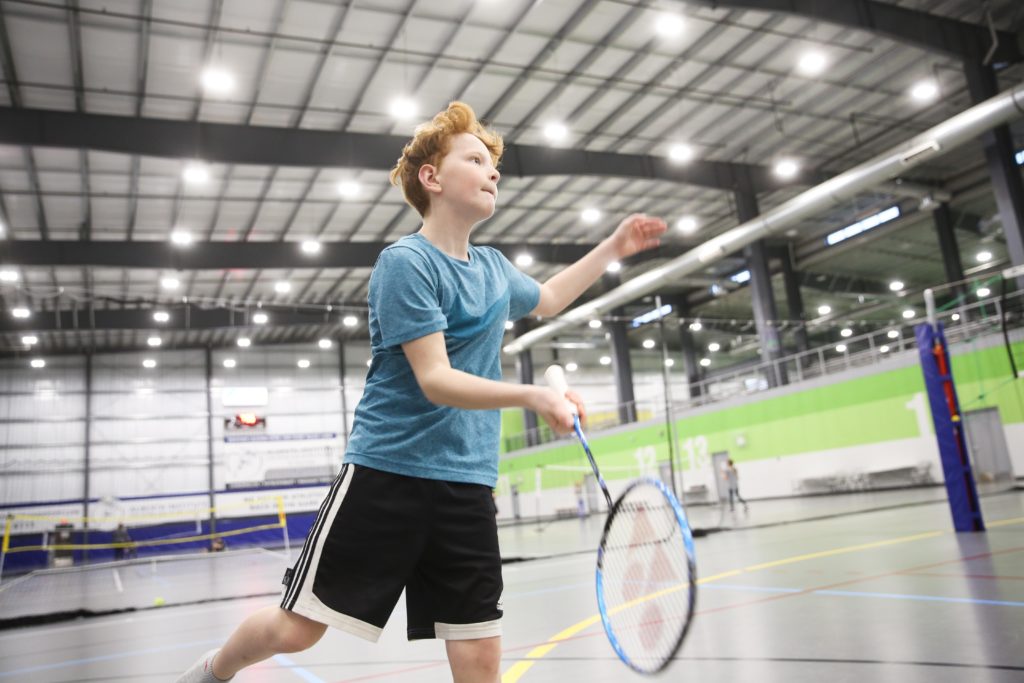
We recently talked about the prominence of depression in teen girls.
And the fact that it’s rising at a faster rate than depression in teen boys. We also talked about the impact of social media on growing and developing preteens and teens. But let’s talk a little more about the meanness and bullying that is perpetrated over social media. Where it comes from… and what can be done about fighting meanness, hatred, and cyberbullying among our youth.
Meanness is often a symptom of unresolved emotional issues. At least, that’s what psychotherapist Peter Michaelson says, and I agree with him. He describes meanness as a repetitive behavior that can be difficult to remedy without deeper insight.
The meanness may be a one-time remark that’s hurtful. Or it may be habitual, purposeful criticism and intimidation. Either way, it can cause damage that keeps on delivering for many years to come.
It’s true that thoughtless comments may not necessarily be fueled by meanness. They may be unfiltered observations made by one child to another, without realizing the painful sting the words cause.
“Your teeth look like a rabbit,” a fifth grader might say to another. The speaker, because of age, may not realize the recipient actually feels painfully self-conscious about her teeth. Comments like this can reverberate for a lifetime, but they don’t usually cause despair and depression.
However, if the same comment were made over and over by friends and classmates online and in person, it would hurt. And if it was passed around on Instagram or Snapchat with photoshopped pictures of the child, it could even be traumatic. Then, if the photos compared him to a rabbit eating a slice of cabbage, the hurt, ridicule, and betrayal he might feel could trigger something worse.
Teaching the Difference in Thoughtlessness and Meanness
We want to help our children learn to be sensitive and considerate of the feelings of others — and also help them cope with thoughtless remarks of others that aren’t intended to offend.
We live in a world where things like this happen. But this is simpler than fighting the meanness, hatred, and cyberbullying our older children contend with every day.
Instagram and Snapchat – For Good or Evil
The increase in the hostile culture that has grown up around our teens seems to have erupted in cadence with social media platforms. From MySpace, to Facebook, to Instagram, Snapchat, and scores of others, people of all ages have increased their use of these platforms to stay up to date with family and friends.
While some studies reveal that many people feel these digital platforms improve their relationships by giving them more context about the lives of those they care about, other studies show that use of them reduces face to face contact with the people in their lives who matter.
But for teens, social media is perceived as being a necessary part of their social life, and school life, as well.
Revealing Study about Social Media
Kasperksy Lab conducted a global study measuring the impact of social media use on our personal lives and relationships. It revealed that about 1/3 of social media users communicate less with their parents, their partners, their children, and their friends because they follow them on social media and just keep up by reading.
Since social media profiles and posts tend to show those things people want the world to see, their profiles seem ideal, often generating negative feelings like jealousy and resentment in their followers.

Nearly 60% of respondents in the study (which included 16,750!) admitted that they believed their friends lived better lives than they did, based on their posts. 59% felt hurt or angry when someone posted a critical comment on their profile. And almost half expressed their pain after seeing their friend’s holiday photos online.
And only 31% said they weren’t bothered by the number of likes they receive.
Teens Feel the Impact of Instagram and Snapchat Most Deeply
Nowhere is this more true than among preteens and teens, whose developing views of others and the world are being molded by interaction on digital platforms.
And while some teens feel more closely connected to their friends and their friends’ feelings through these platforms, many more feel trapped by them.
Once they’ve been bullied, they report that they’re afraid to close out their account because they know others will continue to talk about them …. and they want to know what they’re saying.
Fighting meanness, hatred, and cyberbullying in our teens’ social culture is vital, though daunting.
Because of the impact this distorted social environment is having on kids today, it’s important to think outside the box to find strategies that can serve as rudders to change the course and help our children choose healthier and safer methods of relationship building.
Small Rural School Set Out to Find Solutions
One school in a rural community in New Hampshire has set out to find ways to guide their students in developing a healthier social environment. Their story was published in The Atlantic early in 2017.
Pittsfield, NH is a community of around 4600 residents and a school for both middle school and high school in one building, about 260 students in all.

One 14 year-old we’ll call Tori, received a snapchat (or Snap, as they say now) of a picture of her from behind taking notes in class. The caption read, “I literally hate you. You’re a round cereal box.”
The screenshot circulated, and soon everyone was calling her Cereal Box. She’s a petite girl with neat braids, and rarely drew this type of meanness. Plus, knowing who sat behind her in that class made the task of figuring out who sent the message pretty simple.
Public Attacks Hurt
But, even though the name-calling (what’s a round cereal box anyway?) didn’t seem to target anything she was insecure about, the fact that someone told her, “I literally hate you” stung. And why? She had had no interaction with this girl to speak of…certainly nothing negative.
She wondered why the girl didn’t just tell her she hated her, rather than broadcasting it to the whole world.
And it made her so uncomfortable that she realized how much attacks like this must hurt those who were often targets of meanness and hatred.
When she told her parents about it, they encouraged her to go straight to this girl and confront her directly without texting or social media retaliation. Wise parents. Brave girl.
When she did, the girl looked at her with a look that said, Sooo? What did I do?
And herein lies the problem.
This distortion in social interaction hasn’t taught kids productive ways to cope with the feelings they have. Instead, lashing out on social media has just become an accepted method …no matter who it hurts.
Student-Directed Programs Prove the Most Successful In Fighting Meanness, Hatred, and Cyberbullying
One teacher at Pittsfield sponsored a group known as Drop the Drama, a name coined by the students. It started out with 5, and soon grew to 20. Students work together to look for more productive ways of interacting than social media, and more positive responses geared at inclusiveness as opposed to exclusion.
Their belief is that a small group of students with a passion for change can impact the entire student body far better than any lecture or workbook presented by adults.
The administration plays an important role here: they take a survey among the students at the beginning of each year to find out how happy, how content, and how safe the students feel in the learning environment. They were disappointed to see a sharp decline in recent years.

But they’re hoping to see the surveys report improvements at the beginning of next year as these new programs have time to improve the social environment.
Tori, our friend they called a Cereal Box, decided to be proactive, rather than letting the hurt of the experience continue to torment her. She went with her dad to the grocery store, and posed with a box of Fruity Pebbles. Her dad snapped a photo of her which she in turn posted on Instagram.
The caption read: “Cuz I’m a box of cereal. LOL”
By owning the name, the original offense lost its power to hurt her. And she didn’t need to hurt anyone else to make herself feel better. The teacher who sponsored Drop the Drama was so proud of her.
And Tori is determined to help so many other wounded students to recover. She believes through Drop the Drama she can help them turn the negatives into positives on campus.
ADULTS Provide the Support When Teens Work to Change Their Culture

In our busy world of packed schedules, we listen to our teens talk about their crises. (Car talks are a good place for this.) And we feel helpless to change the culture.
But, the meanness our children are faced with every day is desperately in need of intervention. Dramatic change is needed in every city and township, and in every middle school and high school.
In every one. And in everyone.
In Pittsfield, the administration developed a program to begin in elementary school with training for responding to uncomfortable feelings like jealousy and anger, and to do so without hurting others in the process.
There are as many ways to fight meanness, hatred, and cyberbullying as there are people to think of them!
To prepare them to view social media in a mature way, and to protect themselves from inappropriate “drama.” To help each other, and to rise above those who lash out with hurt. And to defend each other.

The program continues into middle and high school.
In addition, the Drop the Drama group is reaching out to the student body to support change. They’re encouraging them to use kindness, promote inclusiveness, and face-to-face interaction.
We talked about a school in an earlier post, where students were moved by a string of 6 suicides. They developed a program to befriend anyone who seemed to be isolated, depressed, or lonely.
This new perspective quickly spread through the student body fighting meanness, hatred, and cyberbullying.
This student-promoted policy has created a social atmosphere that has become more warm, inviting, and safe for students overall. As a result the students bounce back from offenses and embarrassment more easily because of the supportive environment.
What ideas do you have for your child’s school?
Innovative Psychiatry Provides IV Ketamine for Teen Crises
Sometimes students who’ve been traumatized by meanness and bullying become depressed. In fact, sometimes they see no way to go on with their lives and they even want to die.
IV ketamine treatment can end suicidal thoughts very quickly so those teens can be helped with ongoing treatment — sometimes psychotherapy, sometimes medication. And in those cases where medications don’t seem to help, we offer novel and advanced treatments like IV ketamine treatment in a beautiful and relaxing office setting.

Our teens and our children need the opportunity to develop in healthy ways. To be immersed in balanced and friendly environments to learn healthy interaction skills.
And so, we want to see an environment develop where kids and teens learn to lead by EXAMPLE rather than dysfunction. Where they can join forces to forge an inviting world … to bond, interact, collaborate, and reach out to those in pain.
An environment where they can learn to be caring, compassionate, and responsible as they mature to adulthood.
Life Can Be Joyful. You Can Have Hope…
If you continue to suffer after taking traditional medications that haven’t helped, call us. If you have a teenager who seems to continue to suffer in spite of trials with medications, do call us. We want to help.
The medicines available to help patients with severe depression, bipolar depression, PTSD, social anxiety, substance use disorders, or suicidal thoughts, only help some people some of the time.

IV ketamine treatment is more rapid — and for many, much more effective. Even when other medicines fail, when words can’t reach you, when TMS doesn’t work, when you’ve done ECT. (Our own published research shows that.)
Not perfectly, not always. But it can help a lot more people a lot more often than the other treatments we’ve had available. It works in a variety of ways in your brain so you can feel dramatically better. And it’s fast.
If you or someone you love needs a more effective treatment, IV ketamine treatment can restore your joy. And your relationships, your creativity, and your hope can be rejuvenated. It can give you the energy to invest in things you’d lost interest in.
Let us help you find your best self, and your best life again. It’s your turn.

To the restoration of your best self,
